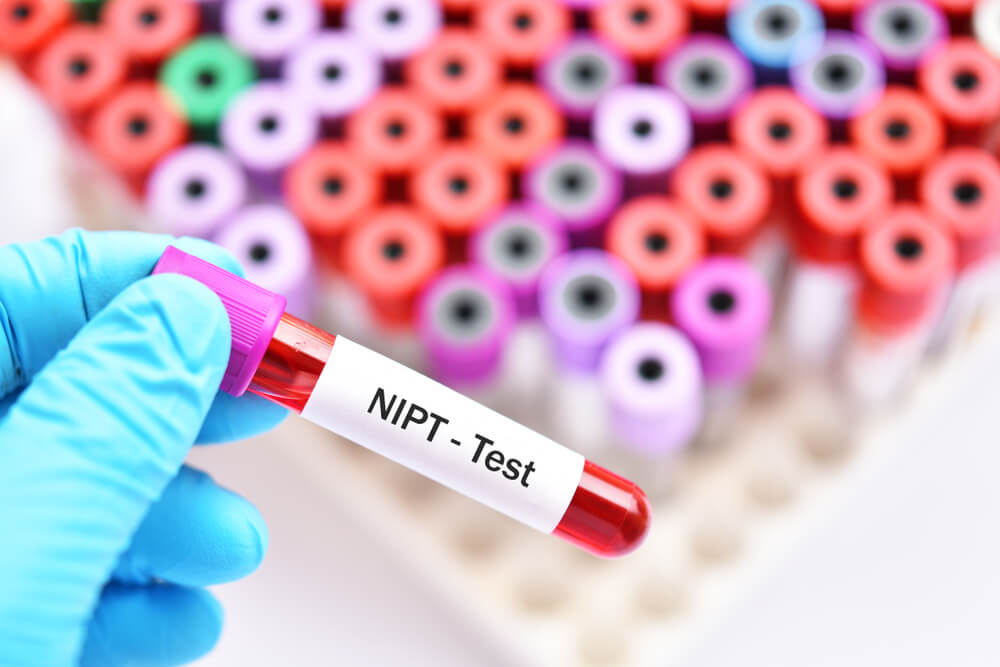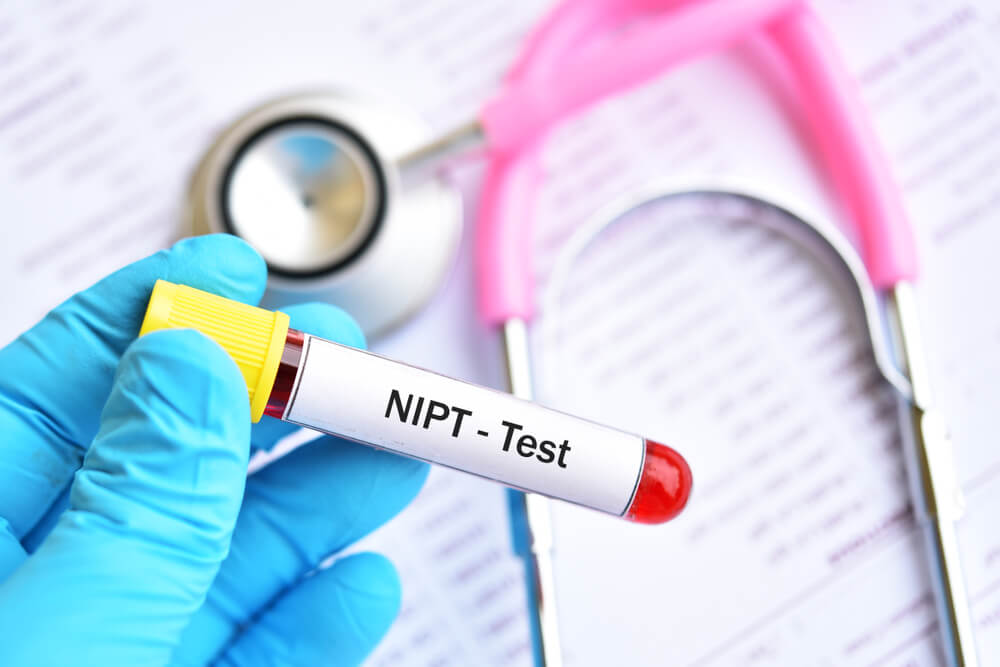If you’ve recently discovered you are pregnant, we must congratulate you and wish you and your baby all the best. Being pregnant has its perks, and many joys come with it. An exciting period of life is ahead of you, and we assure you it will be fun. Maybe it won’t be easy all of the time, but it will undoubtedly be fun.
Now is the time to enjoy this particular period and connect with your baby. However, there are also some things you need to consider now you are pregnant regarding your baby’s health. Seeing you are here, there’s a possibility that your OB-GYN has already recommended some genetic tests. If that’s the case, the test suggested the most is the NIPT test.
It’s normal if you feel overwhelmed with all the new information you have been given, and it’s also normal if you don’t know what you are supposed to do. That’s why the professionals from Trogolo Obstetrics and Gynecology in Jacksonville want to help you and provide the answers to all your questions.
We will go into depth about the test and NIPT results and the benefits of getting it done.
What Is a NIPT Test?
Noninvasive Prenatal Testing, also known as NIPT, is a test you can do in the first trimester of your pregnancy. It’s not a mandatory test; nevertheless, it can provide highly relevant and critical information.
Your obstetrician can recommend you take the NIPT test in the first trimester as soon as you hit the ten weeks mark.
The NIPT blood test is perfect for detecting any genetic abnormalities, especially chromosomal disorders of the baby. It can also detect conditions where there are extra X and Y chromosomes or if they are missing. It is the best way to determine the risks of well-known diseases such as Down, Patau, and Edwards syndromes.
Another advantage this test brings is the answer to whether you will have a girl or a boy. The NIPT blood test can tell you the gender of your baby before it can be seen on an ultrasound and with certainty.

NIPT Blood Test
The blood test looks for cell-free DNA fragments from the placenta that are present in a pregnant woman’s blood.
However, you should be aware that this kind of test is just a screening test, which means it is not supposed to be used as a diagnostic tool. The NIPT blood test isn’t used to diagnose but to predict the potential risk of genetic disorders.
NIPT Blood Test: How Is It Performed?
A cell-free DNA test is like a simple blood test for taking the blood; the blood is drawn from the mother, and it’s entirely safe for both parties involved, the mother and the baby. However, analyzing the results isn’t as simple, and it has to be done in a particular lab. Because of that, the results won’t be quick, and you will have to wait for them for 8 to 14 days.
The NIPT Results
How does cell-free DNA test works? As we mentioned, the blood is drawn from the mother and contains cell-free DNA from the placenta. The best possible results will be given if the test is done a bit after the 10th week of pregnancy, as during this time, the fetal fraction that’s in the mother’s blood is over a certain percentage.
The sample is then analyzed to determine if the specific chromosomes have a normal amount of cell-free DNA in them. And if there isn’t a “normal” amount of them, and there’s more, the test will return with a positive result. Negative test results indicate that the fetus isn’t at risk of common genetic abnormalities.
In most cases, if a test comes back negative, the results are good, and it isn’t a false negative result. However, sometimes that can be the case, and even if the test were negative, your baby could be born with a specific genetic abnormality. Because of that, doing other screenings during pregnancy is mandatory.
There’s also a possibility of false positive results; if you get a positive result, you must do additional screenings.
Is Noninvasive Prenatal Testing Accurate?
After mentioning false positive and negative results, a usual question that comes to mind of every worried future mother is how accurate are NIPT results? The NIPT test is susceptible, especially for Down syndrome. Its sensitivity for conditions like Patau and Edwards syndrome is slightly lower but still accurate.
Again, we must repeat that this test is not used for diagnosing any disease and is not 100% precise. False positive and negative NIPT results are possible; you should be prepared for that.
If your healthcare provider thinks it’s vital, you will probably do additional diagnostic tests, especially if your NIPT results are positive.
Additional Genetic Tests
Your healthcare provider will recommend additional genetic tests if you get a positive result from your NIPT blood test. The most common tests are amniocentesis and chorionic villus sampling. These tests are more invasive than the NIPT test.
The amniocentesis is done by taking a sample of amniotic fluid, and the chorionic villus sampling is done by taking a sample of cells from the placenta. These tests are used for diagnostic purposes and can, with higher certainty, determine if the fetus has any chromosomal issues. Due to the slight chance of miscarriage, the stated tests are not advised for everyone.
Do You Need To Get the NIPT Test?
Noninvasive Prenatal Testing is not mandatory, but your OB-GYN can recommend it based on some factors.
Some women are more likely to have risky pregnancies and are often recommended to get tested.
You should get tested if you:
- Are older than 35
- If you or your partner have a chromosomal abnormality
- If someone in your or your partner’s family has a chromosomal abnormality
Before you decide to get tested, you should consider everything and take your time. While thinking about the best course of action, you can consult your healthcare provider and your OB-GYN if you have any questions.

Final Words
If you or your partner have a history of chromosomal abnormalities in your family, the best way to know and be sure about your pregnancy is to do a screening like this. A method like NIPT is one of the best screening tests available. And you can use it during the first trimester of your pregnancy.
With the results, you will learn more about your baby, its health, and after all, if you are interested, its gender. But it is also okay if you decide not to learn about gender and wait for a surprise.
If you have more questions regarding this topic, the Trogolo Obstetrics and Gynecology clinic doctors are more than glad to help you. Feel free to contact us and book your consultations today.


